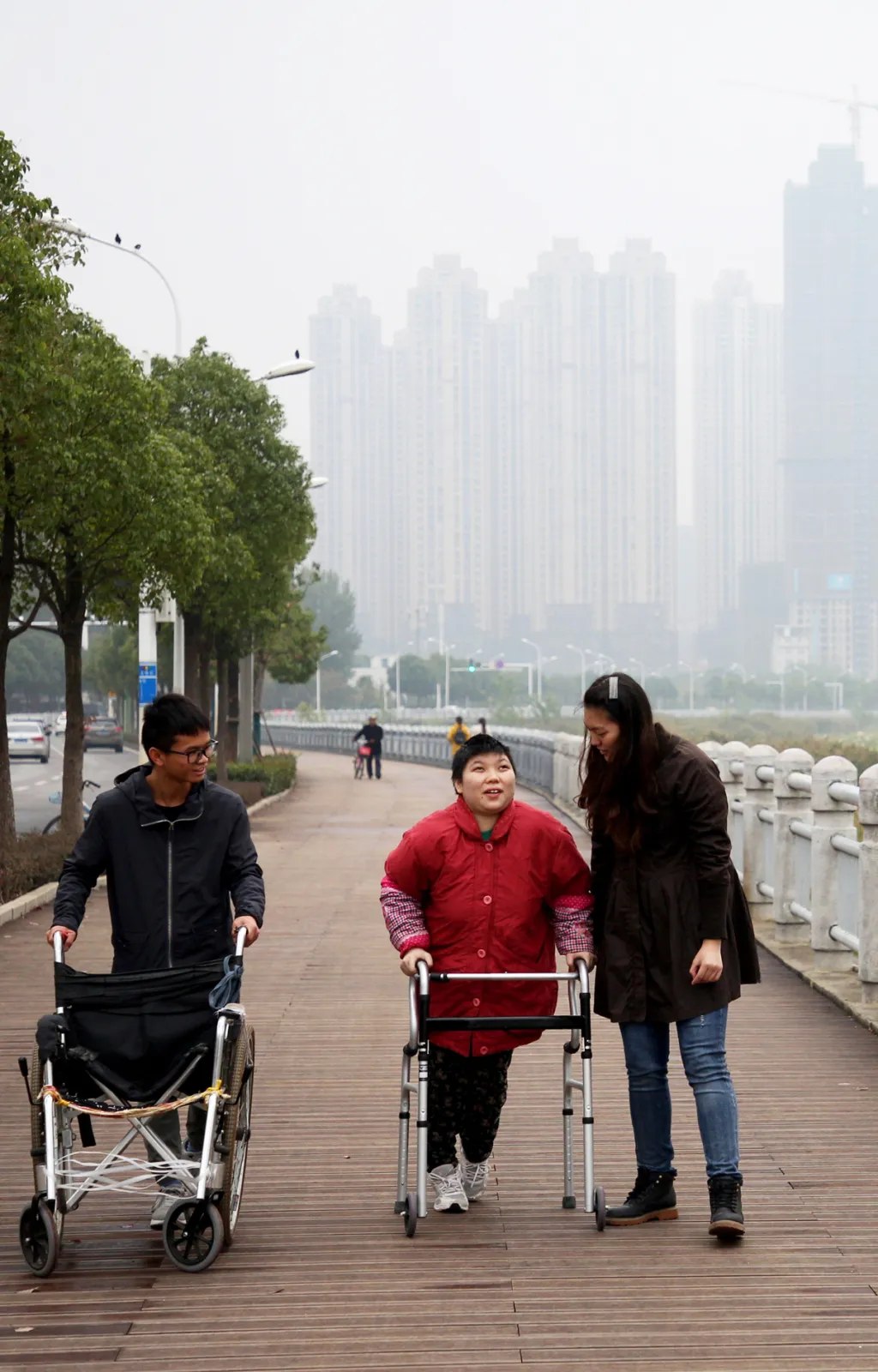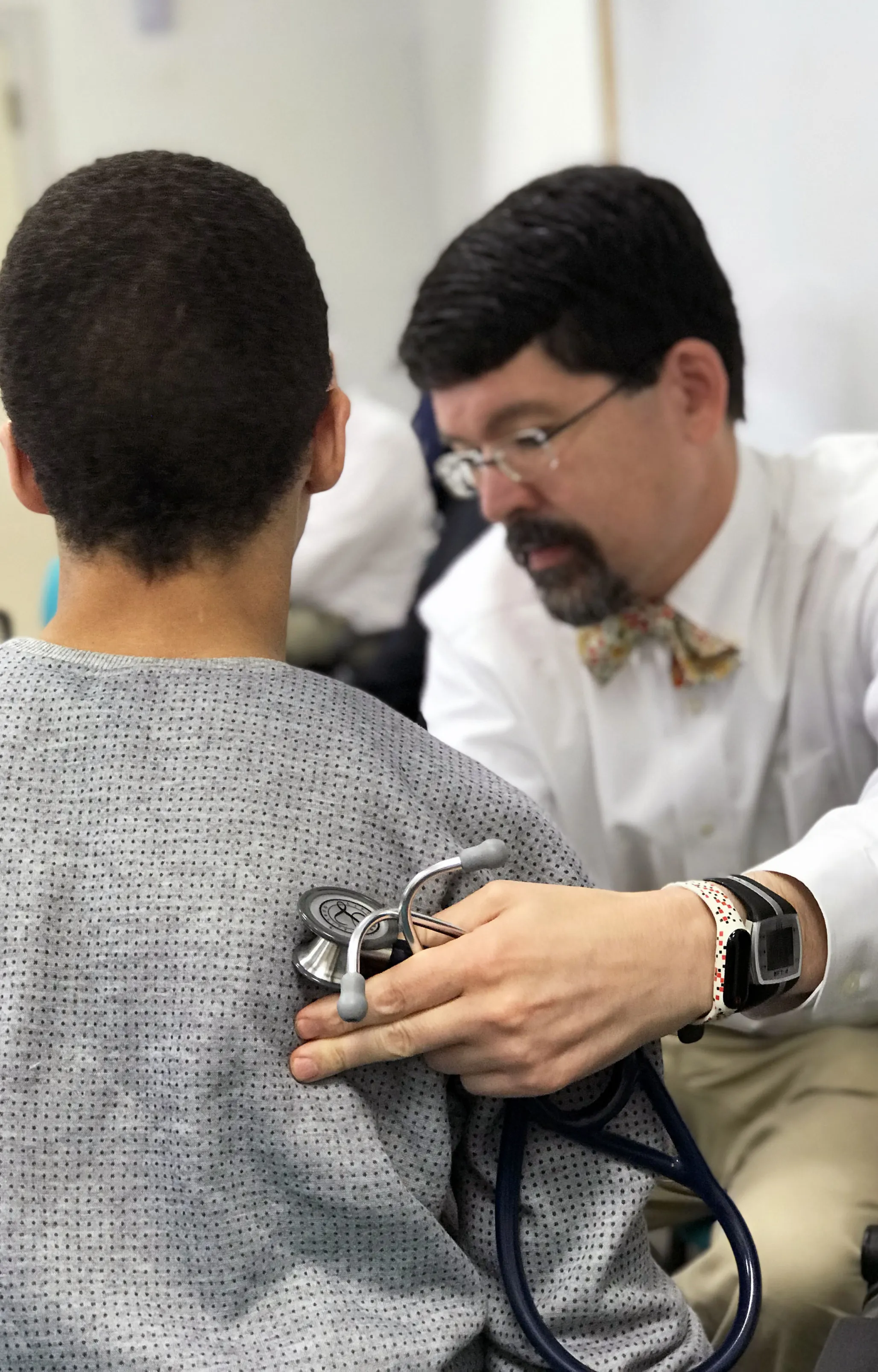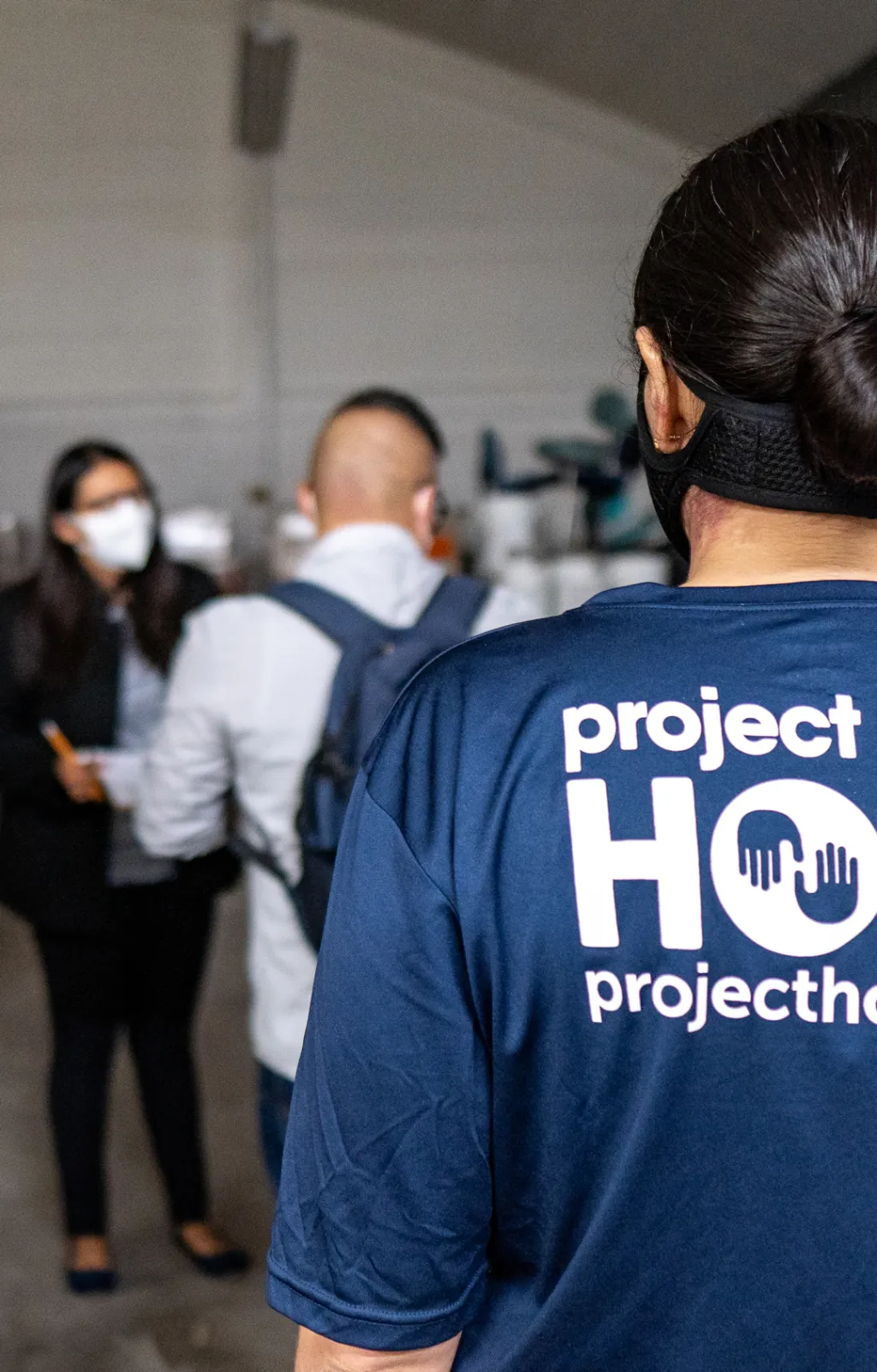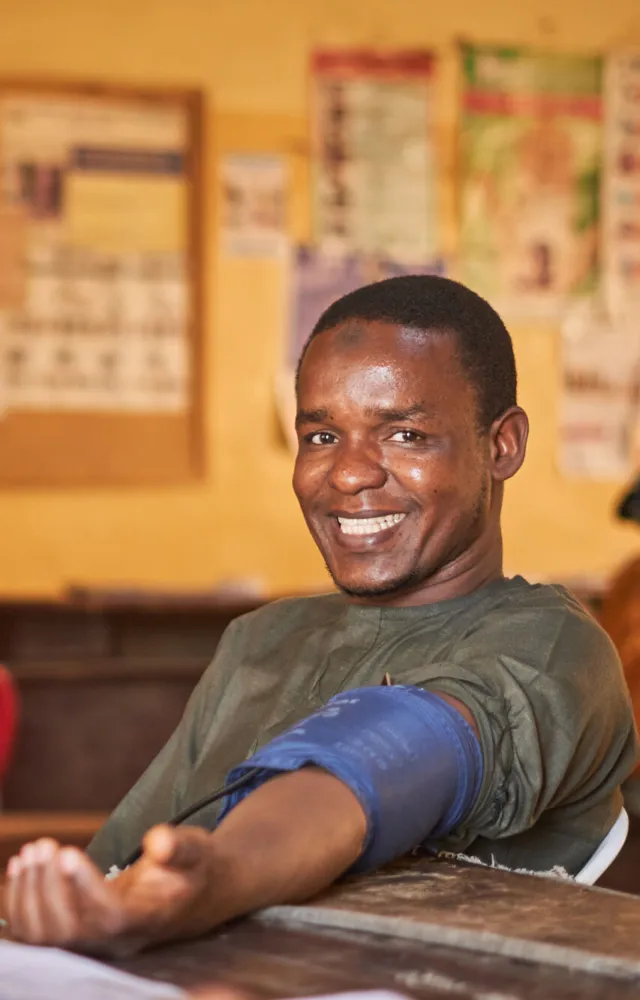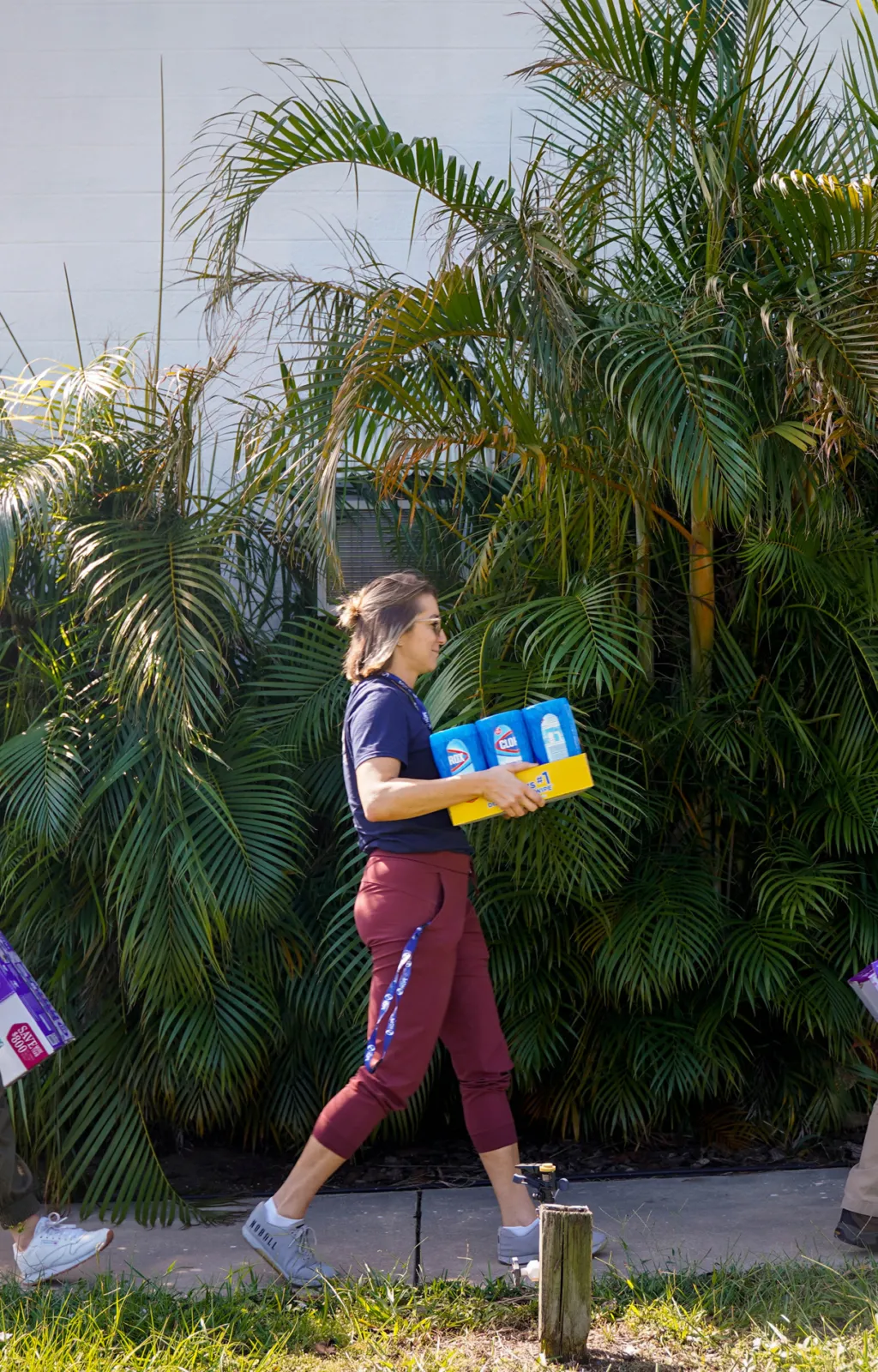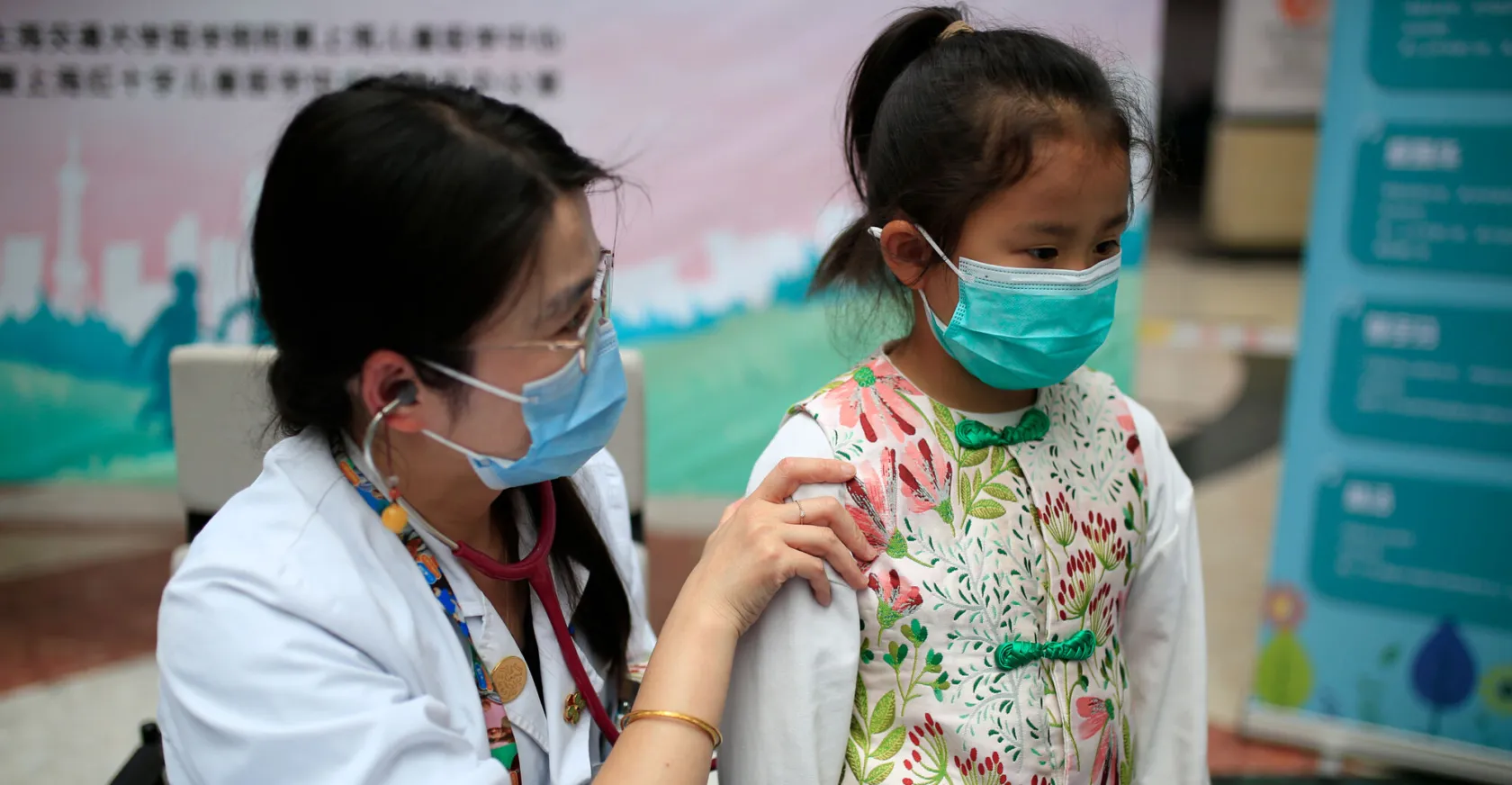

Noncommunicable Diseases
Expanding and improving prevention, care, and education for noncommunicable diseases
Our Approach
Noncommunicable diseases (NCDs) are the leading cause of death in the world — but this threat to human health is not felt equally.
In communities without access to primary health care services, chronic diseases like diabetes, hypertension, cancer, and asthma threaten livelihoods, overwhelm health systems, and exacerbate poverty.
Chronic conditions like heart disease, hypertension, respiratory diseases, and diabetes cause 86% of premature deaths in low- and middle-income countries. Project HOPE has worked to address the source of this glaring health inequity for more than 30 years.
Project HOPE’s response to NCDs:
- Increases the capacity of health workers at all levels through evidence-based education models and innovative online learning tools
- Equips patients with the tools they need to manage their own conditions through evidence-based models like our 5 Steps to Self-Care curriculum
- Engages peers, family members, and communities to encourage healthy lifestyles through health education and community-based screenings
- Coordinates with local governments and partners on new health policies that improve the prevention, detection, management, and treatment of NCDs
- Increases access to essential equipment, medicines, and care
The Context
Not every community has equal access to primary health care services that include NCD screening, treatment, and education.
This reality increases both the severity of NCDs and the likelihood that those living with NCDs will have worse health outcomes in the future.
In addition, tobacco use, physical inactivity, alcohol use, unhealthy diet, and air pollution all heighten the risk of dying from a noncommunicable disease. Without the necessary resources and education, people around the world are unable to reduce their risk and improve their health.
To address this growing crisis, Project HOPE helps communities prevent, detect, manage, and access treatment for NCDs by working closely with health workers and patients to design and implement programs that are culturally sensitive and meet country-specific needs.
Since 2016, Project HOPE has trained over 59,000 health workers in NCD treatment and screened more than 540,000 people for NCDs.
Project HOPE has developed an innovative diabetes self-management education course called 5 Steps to Self-Care. This patient-focused, game-based training provides knowledge on diabetes self-management to improve participants’ understanding of diabetes and improve their overall health.
The course has been designed to be replicated by primary health care professionals and empowers course graduates to become “peer educators” who share their learnings with friends and family.
5 Steps to Self-Care
- Committing to life-long education grounded in basic understanding of physiology and disease progression
- “Knowing your numbers,” or being able to monitor levels of blood glucose, body mass index, blood pressure, and lipids
- Promoting healthy nutrition to balance carbohydrate, protein, and fat intake
- Making exercise a regular habit
- Seeking regular access to health services, including specialists and lab work.
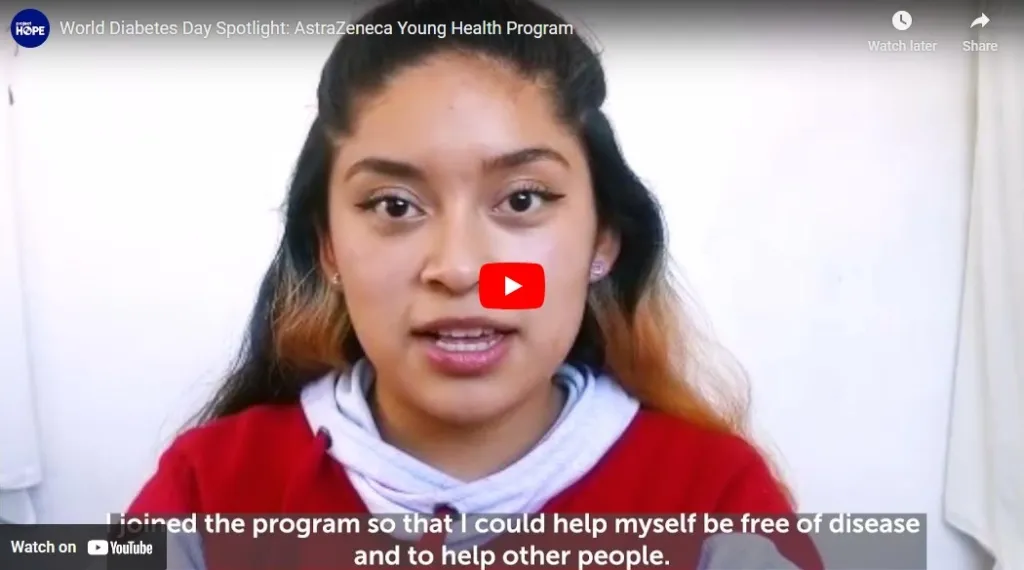
Spotlight on the AstraZeneca Young Health Program
In Mexico, 16-year-old Reyna watched her grandmother struggle with type 1 diabetes her whole life. That motivated her to join the Young Health Program, a partnership between Project HOPE and AstraZeneca, which is helping young people in Mexico make healthier choices and reduce the risk behaviors that can lead to type 2 diabetes and other diseases.


